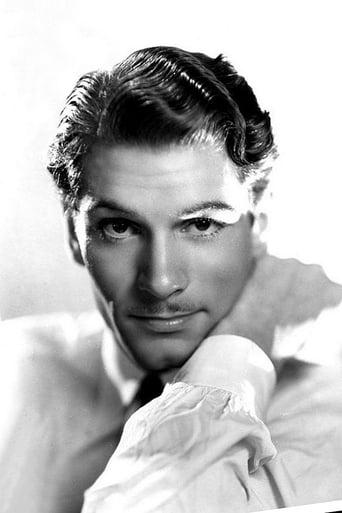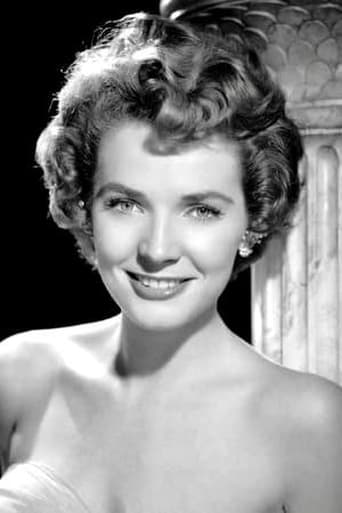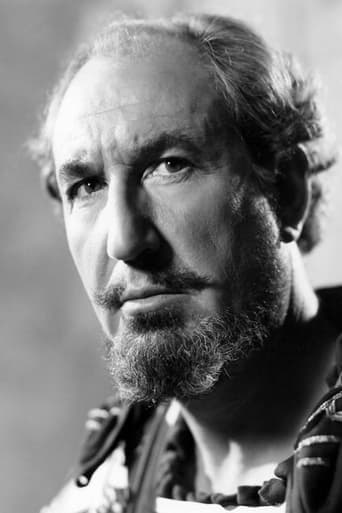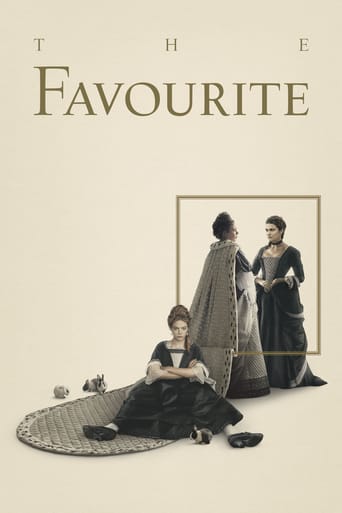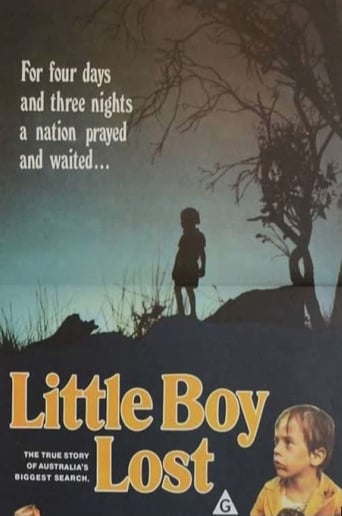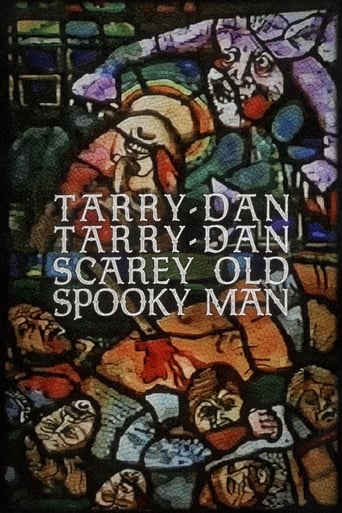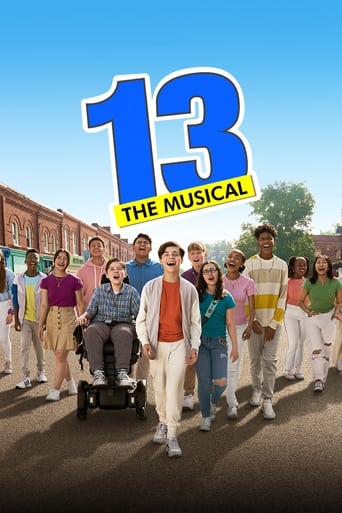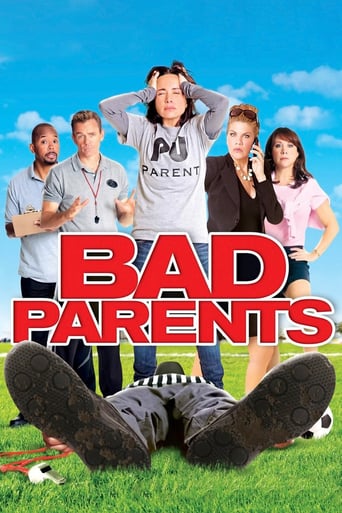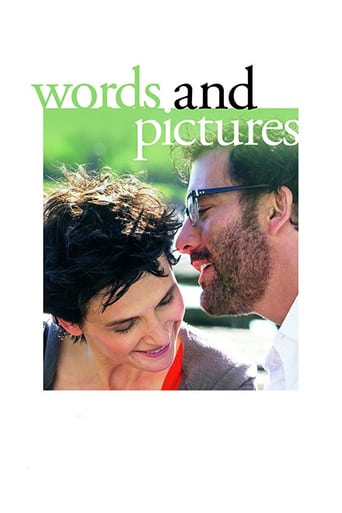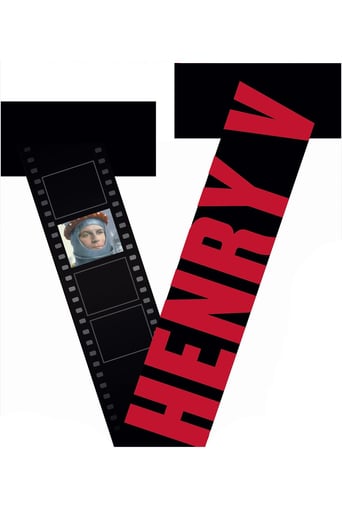
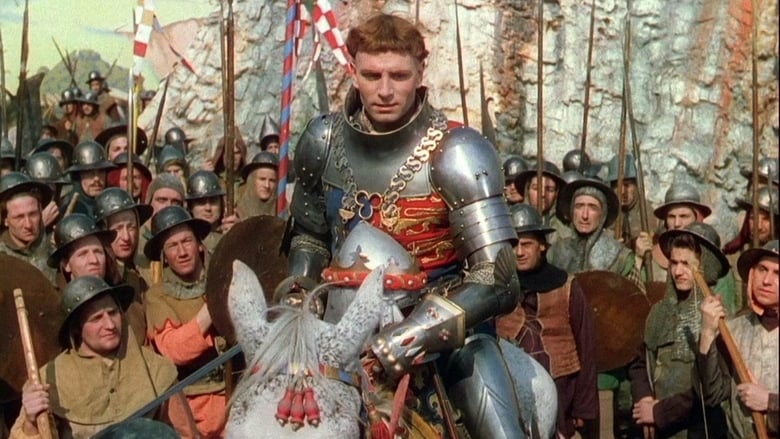
Henry V (1944)
In the midst of the Hundred Years' War, the young King Henry V of England embarks on the conquest of France in 1415.
Watch Trailer
Cast


Similar titles
Reviews
The individuals works of William Shakespeare are probably the most studied works of fiction in history. Then again, a lot of his stories were based on real life. Here we get a great movie based on one of his lesser known plays, "Henry V". I feel bad for not being more familiar with the time period this takes place in. I know that it's in the Hundred Year's War. Most people remember this as the war Joan of Arc fought in, but this takes place long before that. Well, it is a hundred year's war after all. I remember reading about Edward, the Black Prince.The set up of this film is great. It's actually put up exactly like a play. As the story goes on however, this aspect disappears and it does get more serious. It was hard to make a truly great movie while World War II was being fought in real life. You can see the dedication these people put into portraying their roles. We get a lot of epic scenery and battles. My only complaint is that there a few times where the backgrounds look fake. Still, it's great that we've always had practical effects. ***1/2
Otherwise known by the snappier title "Henry V", the director Laurence Olivier did a phenomenal job in bringing the play to the big screen in what became the first truly successful Shakespearean film. I loved his decision to frame the early part of the film as a play being performed in the Globe Theatre in 1600 as it was extremely innovative and clever. There are frequent interjections and laughs from the audience and it even begins to rain! It's also the closest that I'll ever get to seeing Olivier on stage. After setting sail for Southampton, however, the film becomes more realistic and less stylised. I think that this was perhaps another good decision as it could have gotten old if the theatre setting was retained for the entire film. The film also looks fantastic in glorious Technicolor.One of the best actors of his generation and to have ever lived, Olivier's performance as Henry V was up to the same standard as his directing. The great ones make it look so easy. He assembled a fantastic supporting cast, particularly Max Adrian, Esmond Knight, Harcourt Williams, Robert Newton, Freda Jackson and Nicholas Hannen. However, the only person in the film that I thought gave a bad performance was Niall MacGinnis as Macmorris. I liked him in other films but here he was so bad and over the top that I actually felt embarrassed for him as he was so thoroughly outacted by Knight and John Laurie in the one scene in which he has dialogue. Renée Asherson, who died last October only three weeks before the film's 70th anniversary, replaced Olivier's then wife Vivien Leigh in the role of Princess Katherine, whose major scene at the end of the film with Henry is very sweet and well acted by both her and Olivier even if it owes little to history. I wish that I had some French though as a few parts of the film were lost on me, I'm afraid. With Asherson's death, George Cole is the film's last surviving cast member.The film was intended as wartime propaganda and was partially funded by the British government. As such, it's quite funny that much of the film was shot in the Powerscourt Estate in County Wicklow in the neutral Irish Free State. Unsurprisingly, several parts of the play which portrayed Henry in a negative light were omitted, most notably the scenes in which he orders the murder of the French prisoners. Speaking of the French, they were clearly intended to stand-in for the Nazis in this version. I imagine that Churchill fancied himself as Henry V! Given that the film was released in 1944, its depiction of an invasion of France could hardly have been more topical. While it may be propaganda, it's first and foremost an extremely accomplished, well directed and acted film which brought the Bard to the silver screen in the way that no other film had before.
Sir Laurence Olivier's Henry V (1944) is very much a movie of its time. Filmed during WW II, the film is an overt example of pro-British propaganda. I don't see that as a problem, because Shakespeare wrote the play in a way that would glorify Britain and its king.So, director Olivier had no problem directing himself as a strong, warlike king, who rules a strong warlike country. More important is what Olivier didn't portray--the king's flaws and the horrific nature of war. Mud played a major role in the British victory at Agincourt. However, in this film, all we see is a brief shot of a horse prancing through a puddle. The combat scenes aren't very graphic. (If your husband or son is serving in combat, you don't want to be reminded of the horrors he is undergoing.)Olivier begins the film as if we were seeing it at the Globe theatre in London. Then he opens the film up, and we get "realistic" outdoor scenes. (For safety, the location scenes were filmed in neutral Ireland.). At the end, we return to the Globe to remind us that we are seeing a play. This is an interesting device; I thought it worked.The movie was shot in color, which looks garish today. However, even garish color is better than b/w in my opinion, because the heraldic colors meant so much within the chivalric code of the times.We saw this film on a classroom-sized large screen. Some of the pageantry will be lost on a small screen, but it will work well enough. This is an enjoyable and important movie. It's worth seeking out and viewing.
Olivier's conceit of beginning the performance as if performed in the Globe Theater in Shakespeare's time (even depicting the actors backstage), and gradually expanding out to the "real world" works both for and against the film. While it is interesting and educational to see what the experience might have been like for an Elizabethen audience and the performers, it is ultimately slow-paced and distracting from the real story.The film becomes more engaging once we move out of the theater. However, even then, the general style of acting is too broad, and is more suited for the stage. That is why I'm surprised to see this version rated only a few tenths of a point lower than Kenneth Branagh's vastly superior 1989 production of Henry V.


